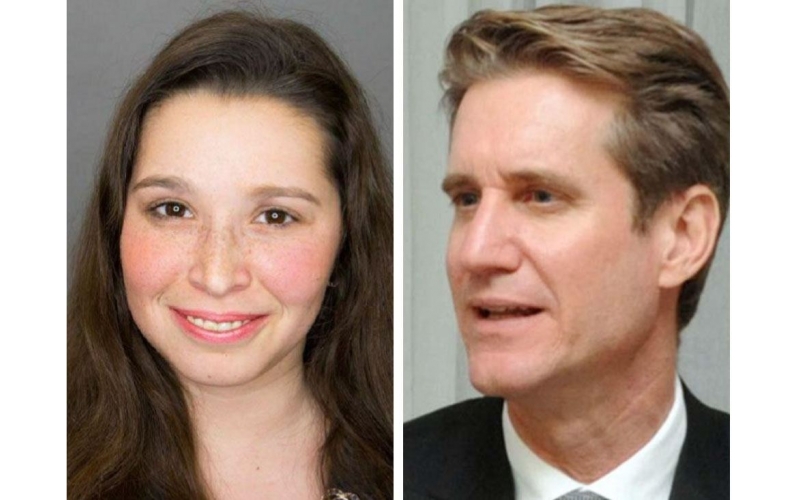
An extremely important statement was made at the end of the trilateral meeting. So, following the meeting, it was decided to instruct the foreign ministers of Azerbaijan and Armenia to work on the preparation of a future peace treaty, which would take into account all the necessary issues.
Besides, it was decided to convene the joint border commission to delimit the border between Armenia and Azerbaijan and ensure stability and security along and near the border until the end of April.
The US analyst Irina Tsukerman commenting on the issue said that Azerbaijani President Ilham Aliyev's diplomacy is helping move process of peace agreement with Armenia in the right direction.
“It is astounding that despite all the recent propaganda and provocations, Yerevan is cooperating and agreed to reciprocate the step in the proposing of the peace agreement,” Tsukerman noted. “The rest, of course, depends on good faith of Pashinyan [Armenian Prime Minister]. Armenia’s population is tired of costly skirmishes, bloody wars. Part of the success here lies in Baku's consistent firm position on its own principles.”
According to the analyst, EU has played a very active and constructive role in the peace process, in contrast to the OSCE Minsk group.
“In particular, the focus on confidence building measures is pragmatic and mutually acceptable. Humanitarian de-mining efforts should raise no opposition on the official level with Armenia; in fact, it may offer them a tactful diplomatic opportunity to make amends to the neighbor,” she further said.
“Ultimately, Azerbaijan's security and prosperity benefits the entire region, helping integrate faster and stimulating economic and cultural opportunities. This will also make it a more effective partner for EU on a number of critical issues, such as energy, added Tsukerman.
As the former US ambassador to Azerbaijan, Matthew Bryza said it’s a very positive sign that Azerbaijan’s President Ilham Aliyev and Armenian Prime Minister Pashinyan have reached an agreement to instruct their foreign ministers to work on a future peace agreement and convene the joint border commission.
“I think these are the steps that both leaders have long wanted to take, but were prevented from doing so by Pashinyan’s political opposition in Armenia,” Bryza noted. “There were protests in Yerevan against Armenia taking these positive steps by people who still hold out a false hope that somehow Armenia can regain the territories it once took illegally from Azerbaijan and construct “A Greater Armenia” along the lines of the state of middle ages, which would also include territory from Turkey, but those reigns are finished.”
“It is time now for Azerbaijan and Armenia to conclude a peace agreement. Convening the joint border commission and demarcation of the international border between Azerbaijan and Armenia will also save loss of lives. This is a very important potential step for peace. Let’s hope that work begins,” the former ambassador added
Besides, he pointed out the important role of the European Union in fostering stability in the South Caucasus.
“I have thought for many years dating back to my time as the US co-chair of the Minsk Group that it is important for the EU to play a role in mediation of the Karabakh conflict. It didn’t make sense to me that France rather than the entire EU was the co-chair of the Minsk Group. Yes, France is an important country, but the EU overall is a superpower and France is not,” Bryza further said. “I think the EU is now demonstrating the important role it can play in laying the foundation for stability and lasting peace. President of the EU Council Charles Michel has shown a lot of interest in helping to foster stability in the South Caucasus.”
“EU can help with confidence building measures and humanitarian demining and maybe supporting transportation links by underwriting investments. But the main thing that the EU is doing is providing fora for the leaders of Azerbaijan and Armenia to discuss these important matters of a peace agreement and demarcation of the international borders of Azerbaijan and Armenia,” he concluded.
Views: 206
